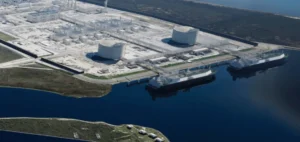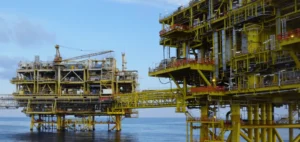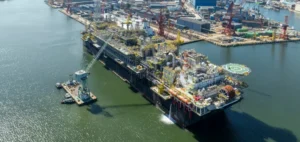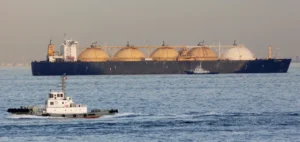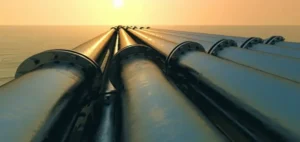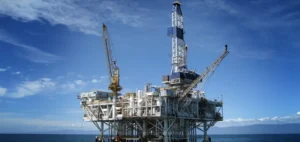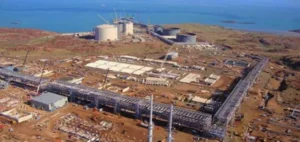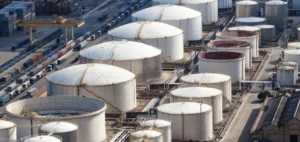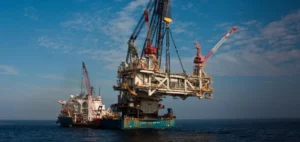QazaqGaz, Kazakhstan’s leading gas operator and a subsidiary of the sovereign wealth fund Samruk-Kazyna, has finalized a new agreement with PetroChina to expand its gas exports to China in 2025. The announcement follows the signing of an amendment to the original gas supply contract established for the 2023-2026 period.
An Agreement Expansion for Strengthened Cooperation
The extension to the three-year contract was formalized during a Kazakhstan-China economic forum in Astana, bringing together the leaders of both companies. QazaqGaz Board Chairman Sanzhar Zharkeshov and PetroChina International Executive Chairman Wu Junli signed the agreement, which provides for an increase in gas volumes exported to China starting next year.
In October 2023, during Kazakh President Kassym-Jomart Tokayev’s visit to China, an initial agreement was signed to supply 10 billion cubic meters of gas over three years. The revision of this contract aims to increase these volumes to meet the growing demand in the Chinese market.
A Transforming Gas Sector
With a pipeline network spanning over 76,000 kilometers, including 20,000 kilometers of main gas pipelines, QazaqGaz plays a central role in gas distribution and exports in Central Asia. In addition to its partnership with PetroChina, the company collaborates with other regional players, notably facilitating the transit of Russian gas to Uzbekistan and Kyrgyzstan through an agreement signed with Gazprom in June 2024.
According to official figures, Kazakhstan exported 2.3 billion cubic meters of gas to China between January and August 2024, valued at $575.7 million. At the same time, the country continues negotiations for new infrastructure projects, including an additional pipeline, to increase export capacity.
Balancing Exports and Domestic Consumption
While Kazakhstan is ramping up exports, the domestic market remains a priority. With national gas consumption estimated at 21 billion cubic meters per year, the government maintains a policy of subsidized gas prices for the domestic market, pushing QazaqGaz to seek more profitable external markets.
By increasing sales to China, Kazakhstan aims not only to strengthen its commercial relations with its Asian neighbor but also to balance its gas market in response to domestic pricing constraints.


